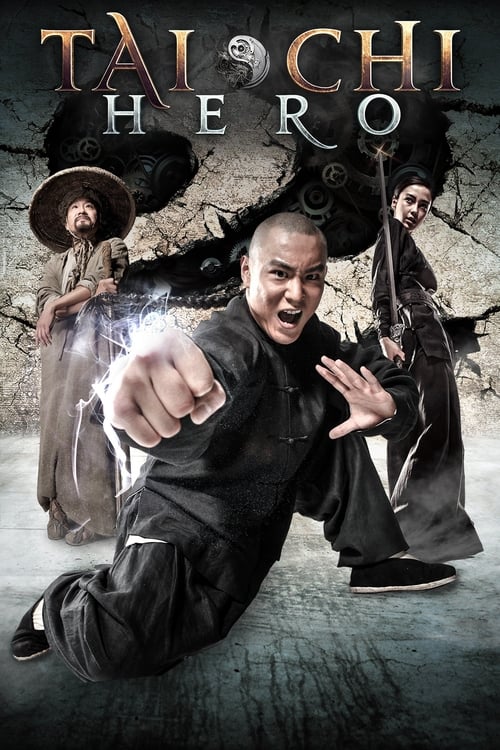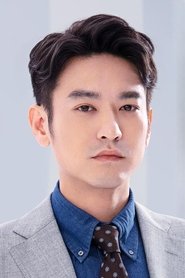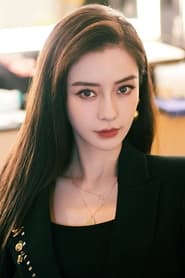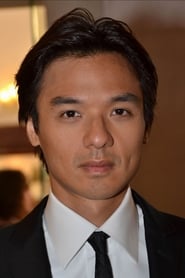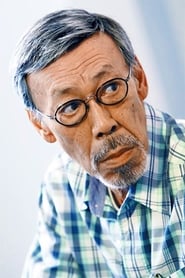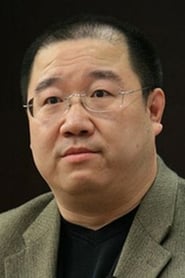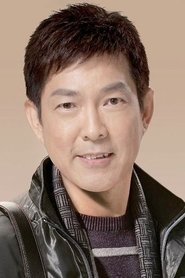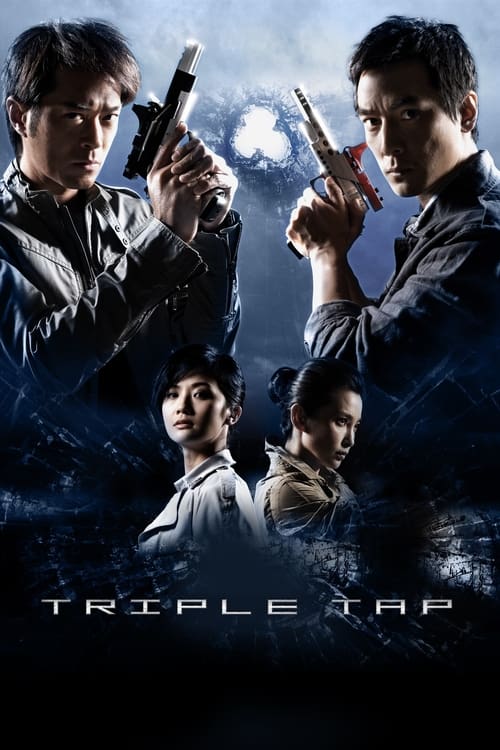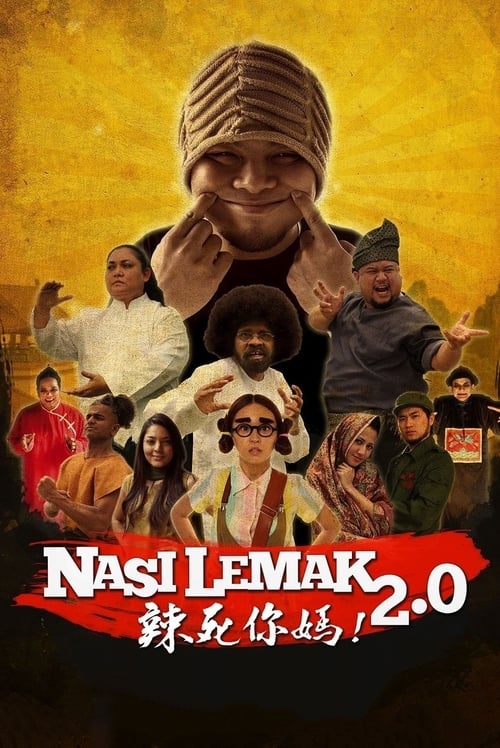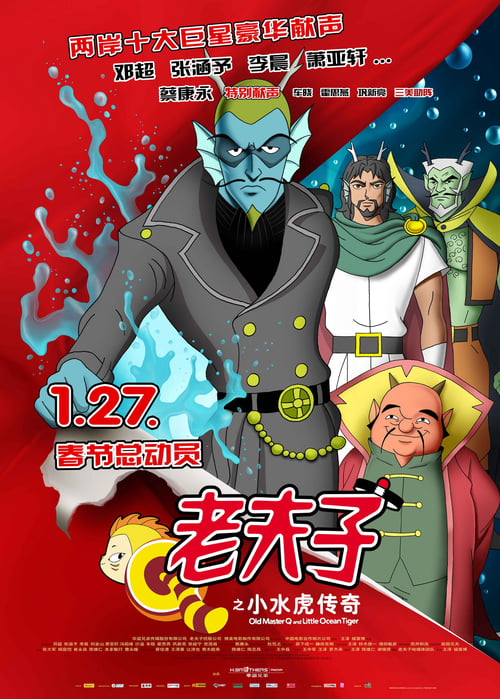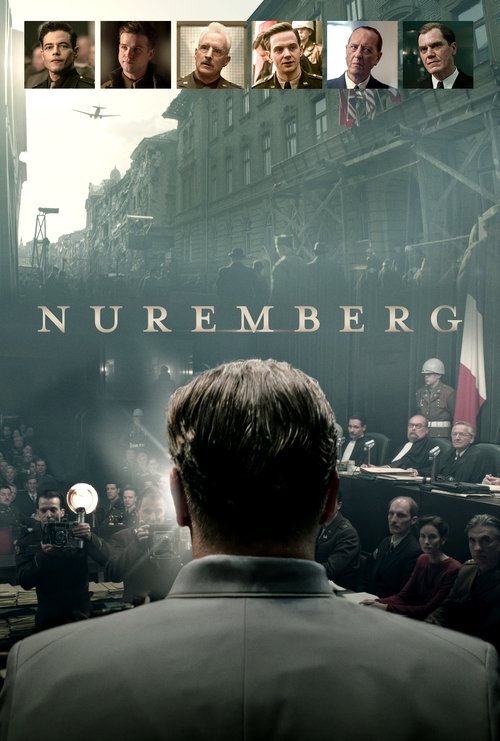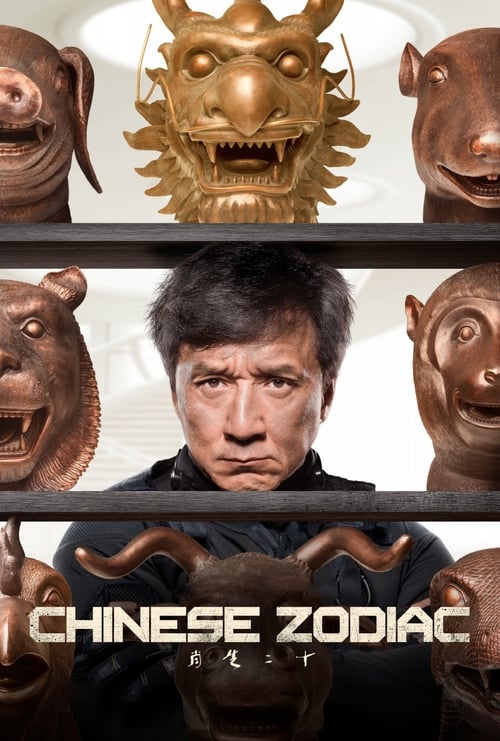
Ask Your Own Question
What is the plot?
What is the ending?
In the ending of "Tai Chi Hero," the protagonist, Yang Lu Chan, faces a climactic battle against the formidable enemy, the evil master Chen. With the support of his friends and the teachings of Tai Chi, he ultimately overcomes the antagonist. The film concludes with Yang Lu Chan embracing his identity and the values of Tai Chi, while his love interest, Yuni, stands by his side, symbolizing hope and unity.
As the film approaches its climax, the tension escalates in the village where Yang Lu Chan has been training. The air is thick with anticipation as the villagers gather, their faces a mix of fear and hope. Yang Lu Chan, portrayed with a determined yet vulnerable demeanor, prepares for the inevitable confrontation with Chen, the malevolent master who seeks to dominate the village and eradicate the Tai Chi tradition.
Scene by scene, the narrative unfolds. The first scene shows Yang Lu Chan in a quiet moment of reflection, standing by a serene lake. The water mirrors his internal struggle; he is torn between the weight of his responsibilities and the desire to protect his loved ones. His thoughts drift to Yuni, who has been a steadfast source of support. The camera captures the flicker of determination in his eyes as he resolves to confront his fears.
The next scene shifts to the village square, where the villagers are gathered, whispering anxiously about the impending battle. Yang Lu Chan steps forward, his heart pounding, as he addresses them. He speaks passionately about the importance of Tai Chi, not just as a martial art but as a way of life that embodies peace and harmony. The villagers, inspired by his words, rally behind him, their spirits lifted.
As the sun sets, casting a golden hue over the village, the atmosphere grows tense. The scene transitions to the showdown between Yang Lu Chan and Chen. The two face each other in a dramatic standoff, the air crackling with energy. Chen, exuding arrogance and malice, taunts Yang Lu Chan, challenging his resolve. Yang Lu Chan, however, stands firm, his posture reflecting the teachings of Tai Chi--calm yet ready to strike.
The battle begins, and the choreography is fluid and dynamic, showcasing the beauty of Tai Chi movements. Yang Lu Chan's internal struggle is palpable; he fights not just against Chen but against the doubts that have plagued him throughout his journey. Each strike and counterstrike is imbued with emotion, as he channels his fears into strength. The villagers watch, their breaths held, as the fight unfolds with breathtaking intensity.
In a pivotal moment, Yang Lu Chan recalls the lessons imparted by his mentors and the love of Yuni, which fuels his determination. He executes a series of intricate Tai Chi moves, culminating in a powerful final strike that sends Chen sprawling to the ground. The victory is not just physical; it symbolizes Yang Lu Chan's acceptance of his identity and the values he has fought to uphold.
As the dust settles, the villagers erupt in cheers, their faces illuminated with joy and relief. Yang Lu Chan, breathing heavily, stands victorious but humbled. He looks around at the faces of his friends and family, realizing that this victory is shared. Yuni rushes to his side, her eyes shining with pride and love. They embrace, a moment of connection that signifies their bond and the hope for a peaceful future.
In the final scenes, the village begins to heal. Yang Lu Chan is seen teaching Tai Chi to the children, instilling in them the values of discipline, respect, and harmony. The camera pans out, capturing the vibrant life of the village as it thrives, united by the spirit of Tai Chi. The film closes with a sense of renewal and purpose, leaving the audience with the message that true strength lies in unity and the embrace of one's identity.
Is there a post-credit scene?
Yes, "Tai Chi Hero" features a post-credit scene that adds an intriguing layer to the story.
As the credits roll, the scene opens with a serene view of the Tai Chi village, the sun setting in the background, casting a warm glow over the landscape. The camera pans to a quiet training area where we see Yang Lu Chan, the protagonist, practicing his Tai Chi forms alone. His movements are fluid and graceful, reflecting his growth and mastery of the art.
Suddenly, the tranquility is interrupted by the arrival of a mysterious figure cloaked in shadows. The figure watches Yang from a distance, their face obscured, creating an air of suspense. Yang, sensing a presence, pauses and turns, his expression shifting from concentration to curiosity.
The scene cuts to a close-up of the figure's hand, which reveals a small, intricately designed talisman that glimmers ominously in the fading light. This talisman hints at a deeper connection to the challenges that lie ahead for Yang and his companions, suggesting that their journey is far from over.
The figure steps forward slightly, but before their identity can be revealed, the screen fades to black, leaving the audience with a sense of anticipation and intrigue about the future conflicts and adventures that await in the sequel. This moment encapsulates the themes of growth, mystery, and the ongoing struggle between good and evil that permeate the film.
What challenges does Yang Lu Chan face in his journey to master Tai Chi?
Yang Lu Chan faces numerous challenges in his journey to master Tai Chi, including the skepticism of the martial arts community, particularly from the rival martial artist, Master Chen. He struggles with self-doubt and the pressure to prove himself worthy of the Tai Chi lineage. Additionally, he must confront his own insecurities and the expectations placed upon him by his mentor, Master Chen, and the villagers who look to him for guidance.
How does the relationship between Yang Lu Chan and Chen Ying interact with the plot?
The relationship between Yang Lu Chan and Chen Ying is central to the plot, as it evolves from initial tension to a deep bond. Chen Ying, who is the daughter of Master Chen, initially disapproves of Yang's unorthodox methods. However, as they face external threats together, including the arrival of the villainous group led by the mysterious Master Yu, their relationship deepens, showcasing themes of love, trust, and partnership in overcoming adversity.
What role does the character of Master Chen play in Yang Lu Chan's development?
Master Chen serves as both a mentor and a source of conflict for Yang Lu Chan. He embodies the traditional values of Tai Chi and initially doubts Yang's capabilities. As the story progresses, Master Chen's tough love pushes Yang to confront his weaknesses and embrace his unique style. Their relationship is pivotal, as Master Chen ultimately recognizes Yang's potential and supports him in the final confrontation against their enemies.
What is the significance of the rival martial artist, Master Yu, in the story?
Master Yu represents the antithesis of Yang Lu Chan's journey, embodying aggression and the misuse of martial arts for personal gain. His character serves as a catalyst for Yang's growth, forcing him to confront not only external threats but also his own understanding of strength and honor. The rivalry culminates in a climactic battle that tests Yang's mastery of Tai Chi and his moral convictions.
How does the village react to Yang Lu Chan's return after his training?
Upon Yang Lu Chan's return to the village after his training, the villagers are initially skeptical and divided. Some view him as a hero, while others doubt his abilities and question his unconventional approach to Tai Chi. This mixed reception highlights the theme of acceptance and the struggle for recognition, as Yang must prove himself not only to the villagers but also to himself, ultimately earning their respect through his actions and bravery in the face of danger.
Is this family friendly?
Tai Chi Hero, while primarily an action-comedy film with themes of martial arts and personal growth, does contain some elements that may be considered objectionable or upsetting for children or sensitive viewers. Here are a few aspects to consider:
-
Violence and Fighting Scenes: The film features numerous martial arts battles, which include physical confrontations, falls, and injuries. While the violence is stylized and often comedic, it may still be intense for younger audiences.
-
Emotional Conflict: Characters experience moments of emotional turmoil, including feelings of inadequacy, betrayal, and fear. These themes may resonate deeply and could be upsetting for sensitive viewers.
-
Romantic Tension: There are elements of romantic relationships that involve misunderstandings and jealousy, which might be confusing for younger viewers.
-
Supernatural Elements: The film includes some fantastical elements related to martial arts, which may be unsettling for those who are sensitive to supernatural themes.
-
Cultural References: Some cultural practices and beliefs depicted may not be fully understood by younger audiences, potentially leading to confusion.
Overall, while Tai Chi Hero is designed to be entertaining and humorous, these elements may warrant parental guidance for younger viewers.

